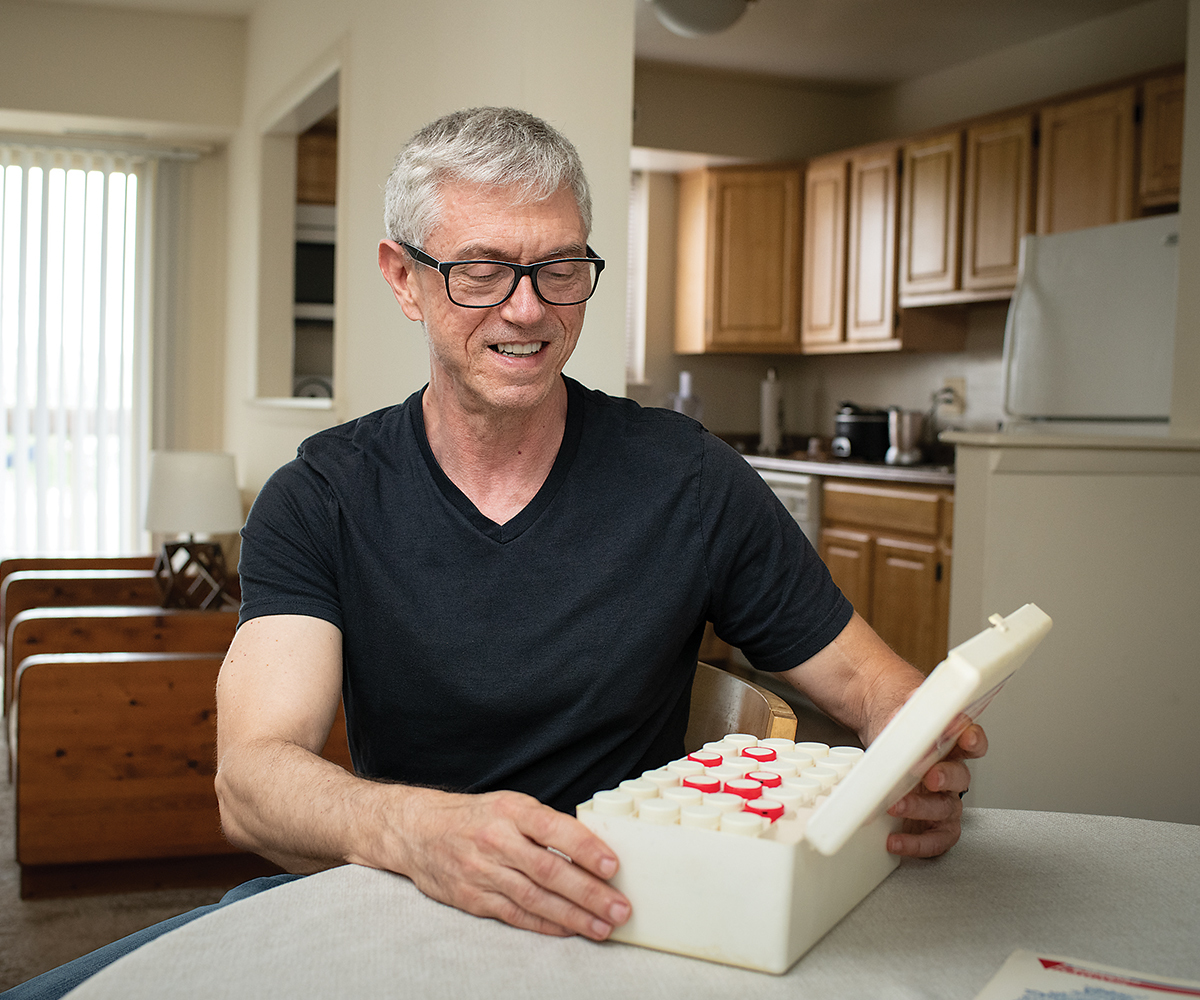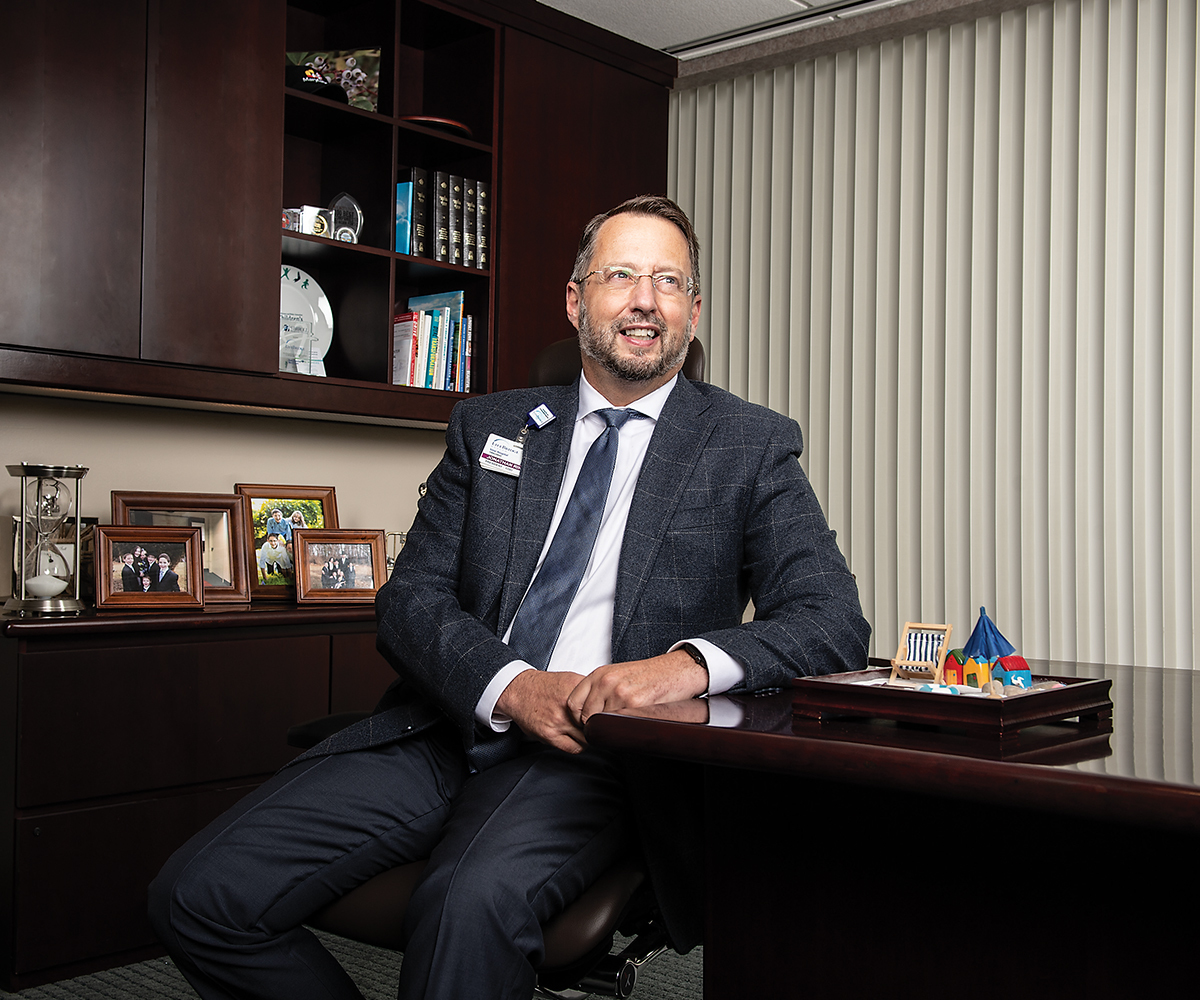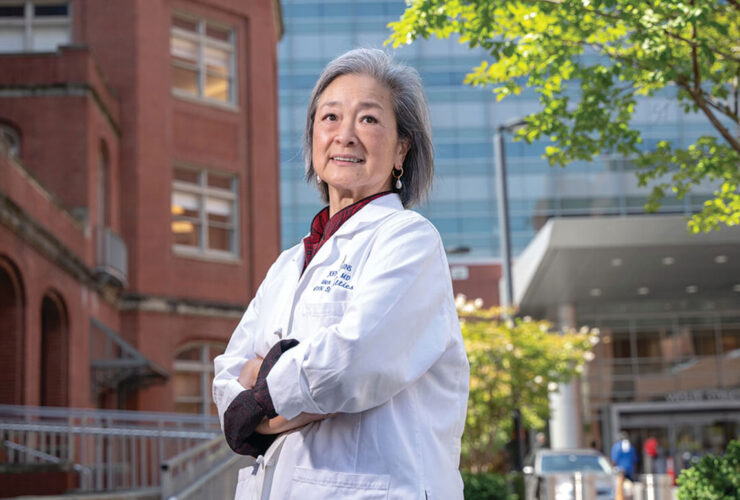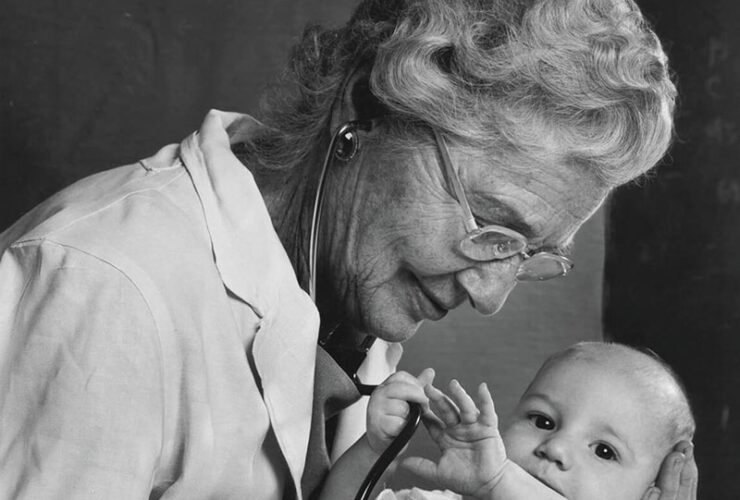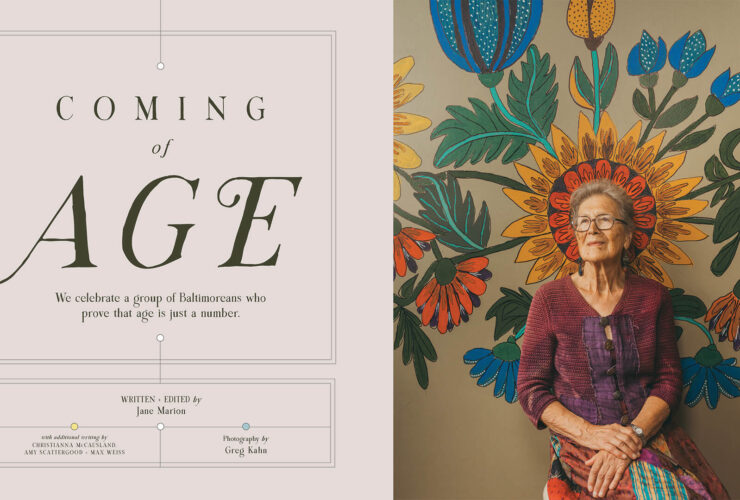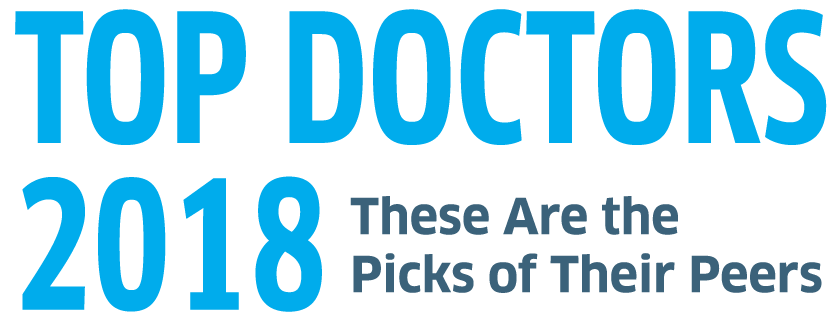
Health & Wellness
Top Doctors 2018
The top 720 physicians in 127 specialties as chosen by their peers.
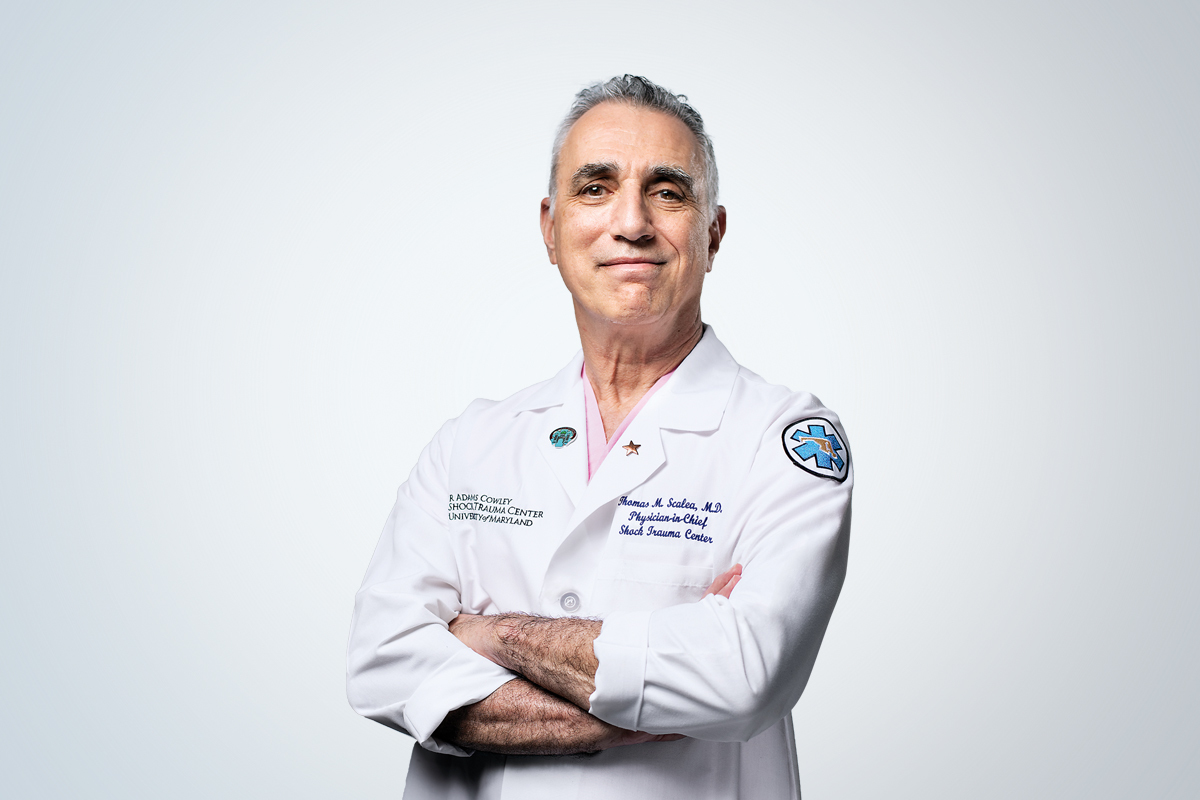
Are there 720 doctors in the house?
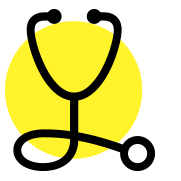
Actually, yes: Here are the results of our annual Top Doctors peer survey, in which the metro area’s roughly 13,000 physicians tell us to whom they would send a member of their family in 127 specialties, ranging from adolescent medicine to wound care (sorry, no specialties beginning with “Z”).
The list is the result of a nine-month process and remains the most discriminating and comprehensive such resource in the region: Only about five percent of all the M.D.s in the area received the overwhelming peer support needed to make the list.
But there’s more to this undertaking than just a string of names.
We tell the childhood story of Dr. Jonathan Ringo, president and COO of Sinai Hospital of Baltimore, who was diagnosed with terminal leukemia when he was 6 years old.
And we talk to believers in homeopathic medicine about its growing popularity, despite legions of mainstream physicians who regard it as, at best, ineffective and untested, and, at worst, potentially dangerous.
Health & Wellness
Doctors Directory
Explore our comprehensive and searchable list of medical professionals.
Health & Wellness
Medicine or Myth?
Some swear by homeopathy, but skeptics of this 200-year-old mode of treatment abound.
News & Community
Miracle Worker
A childhood illness forever shapes the life of a Sinai Hospital doctor.
Our Advisers
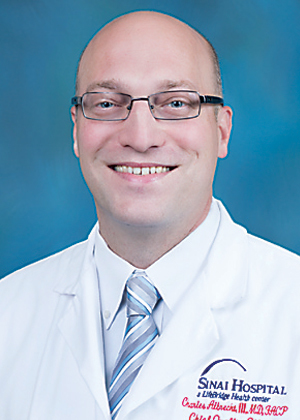
Dr. Charles R. Albrecht III
Albrecht is serving as the vice president and chief quality officer at LifeBridge Health, including Sinai Hospital of Baltimore, Northwest Hospital, Carroll Hospital, and Levindale Hebrew Geriatric Center and Hospital. He is responsible for quality, patient safety, and risk management across the health care system. A fellow of the American College of Physicians, he also practices internal medicine. Associated with Sinai for more than 15 years, his past roles have included director of Academic Hospital Medicine, division director of General Internal Medicine, director of the Residency Program, interim chair and physician-in-chief, and physician director of Ambulatory Quality.
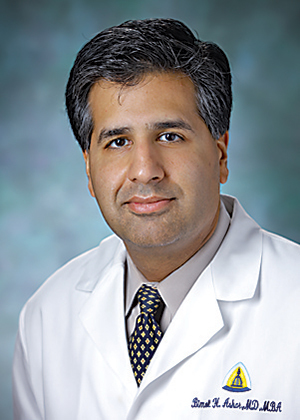
Dr. Bimal Ashar
Ashar is an associate professor of medicine at The Johns Hopkins University School of Medicine. He also serves as the clinical director for the Division of General Internal Medicine, as well as director of the Executive and Preventive Health Program. Ashar’s primary research interests include preventive medicine, dietary supplements, and medical education. He is also editor of The Johns Hopkins Internal Medicine Board Review, which is in its sixth edition. He is an active member of the Society of General Internal Medicine and is a fellow of the American College of Physicians.
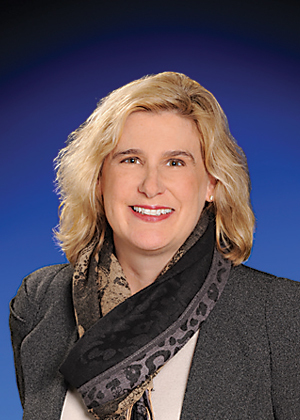
Dr. Nona “Mimi” Perez Novello
Novello serves as vice president of medical affairs, chief medical officer, and chief medical information officer at MedStar Franklin Square Medical Center. In these roles, she oversees, among other duties, quality, safety and risk management, graduate medical education, and continuing medical education at the institutional level, as well as medical-staff relations for the hospital. Since 2009, Dr. Novello has been an attending physician in the emergency department at MedStar Franklin Square and continues to see patients. She is currently a member of the American College of Emergency Physicians, the American College of Physicians Executives, the Association of Medical Directors of Information Systems, the National Hispanic Medical Association, and the American College of Healthcare Executives.
Methodology
To arrive at our results, we polled thousands of physicians in the region in our online survey—now in its 32nd year—asking them which doctors are the best of the best in their specialties. Participation is always good, and this year was no exception, with close to 20,000 physician names submitted in more than 100 specialties. (We ruled results as inconclusive in three of those.) Only those M.D.s with the highest number of peer recommendations make the list. (There are also a handful of non-M.D. specialties, such as podiatry and optometry.)
Assisting with the survey were our three physician advisors (see related biographies, below), whose professional expertise and inside intel was invaluable. Advisors are not eligible to be included on the list in the year they serve.
The list of specialties is broken down into five categories: pediatrics, women’s health, general medical, surgical, and elective.
Dwight D. Im
Mercy Medical Center | Gynecologic oncology; robot-assisted gynecology
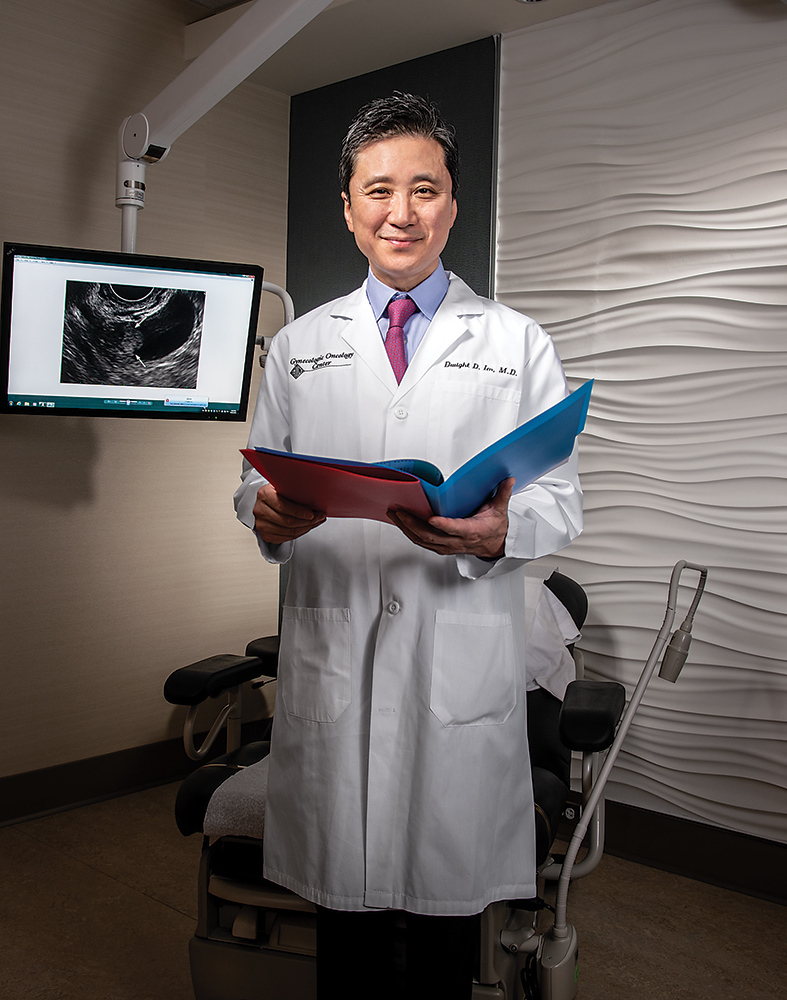
Why did you pick this specialty? During my residency at Johns Hopkins, I watched the attending gynecologic oncologists bring hope to their patients and families that I hadn’t seen in any other specialty. I had found my calling.
Can you recall a particularly gratifying or challenging patient case? When any young woman is in her late teens or early twenties, there is no greater reward than to know I was able to give her a second chance at life and the gift of watching her children grow up.
If you could change one thing in health care, what would it be? Top-quality centers of excellence, like the ones at Mercy, need to be available to all people from all walks of life.
The proudest moment of your career? Being recognized as the one of the world’s leading GYN robotic surgeons, having performed more GYN robotic procedures than anyone else, was a major milestone for me. And creating The National Institute of Robotic Surgery to educate, elevate, and perfect the art is an achievement I hope will benefit physicians and patients for decades to come.
Mettassebia “Metti” Kanno
Kaiser Permanente South Baltimore Medical Center, Greater Baltimore Medical Center, and Saint Agnes Hospital | Infectious Diseases
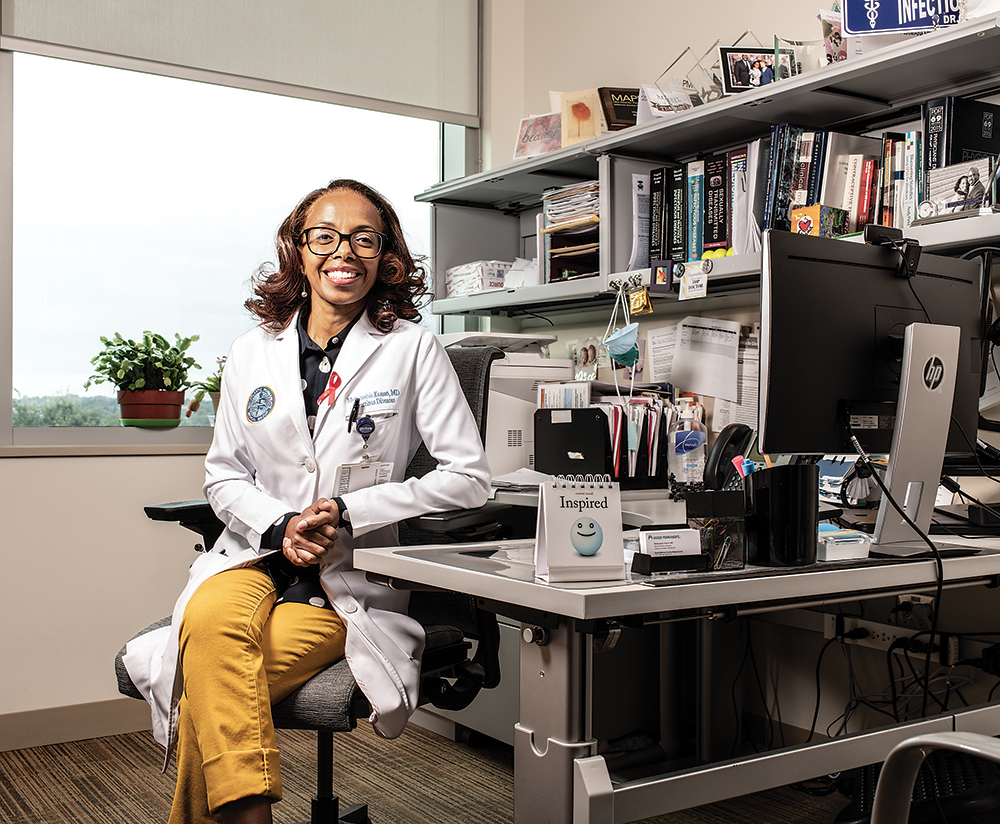
Why did you pick this specialty? Growing up and completing my medical training in Ethiopia, I was intrigued with how infectious diseases were so prevalent, even though most are preventable and treatable. My father was a pharmacist, my mother was a nurse, so the kitchen-table discussions were always very interesting, and the concept of helping people was ingrained in me at an early age.
What role did HIV play in your career? After immigrating to the U.S., I completed my training during the era of HIV disease and witnessed the development and availability of medications to curb the epidemic. What fascinated me was that infections I used to see in Ethiopia, like tuberculosis, diarrheal illnesses, and HPV-associated cervical cancer, I saw again in some HIV patients.
The proudest moment of your career? It would have to be a collective of all the gratitude that my patients show me every day.
What would you have been if not a doctor? A pianist, perhaps. I had dreams of getting into the Juilliard School of Music.
José E. Dominguez
Greater Baltimore Medical Center | Anesthesiology and pediatric anesthesiology
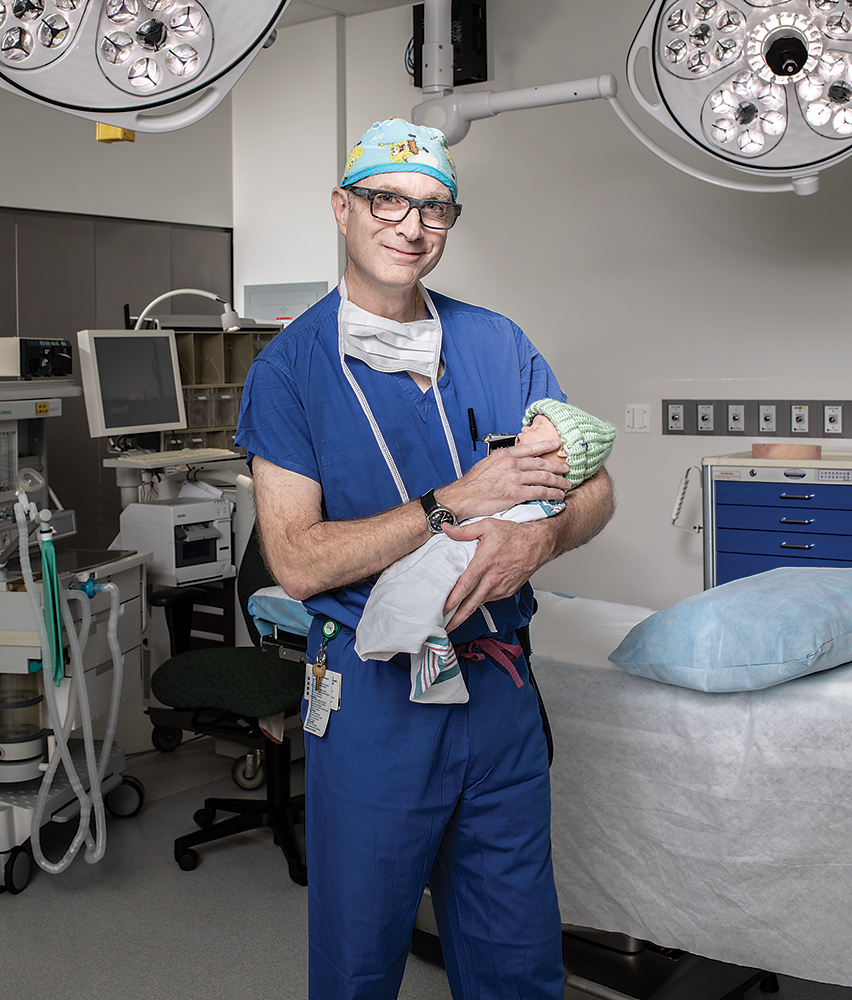
Why did you pick this specialty? Growing up, I had a terrific pediatrician. He was out of central casting for a Norman Rockwell painting. When I went to medical school, I wanted to be a pediatrician just like him. Once there, however, I was introduced to anesthesiology and never looked back. As a pediatric anesthesiologist, I enjoy the best of both worlds.
What sorts of cases are the most rewarding? Without a doubt, preparing a scared child and his or her family for an anesthetic is deceptively challenging both technically and because of the very short time one has to earn their trust. Nothing is more gratifying than seeing a happy parent and child after surgery.
The proudest moment of your career? That’s an easy one: My proudest moment was joining this anesthesia group practice 25 years ago. I’ve been blessed to work with amazing anesthesiologists and nurse anesthetists from whom I’ve learned so much and for whom I have tremendous respect.
What would you have been if not a doctor? If I hadn’t become a doctor, I’d probably have been a very mediocre musician.
Nicola London
MedStar Franklin Square Hospital Center | OB/GYN
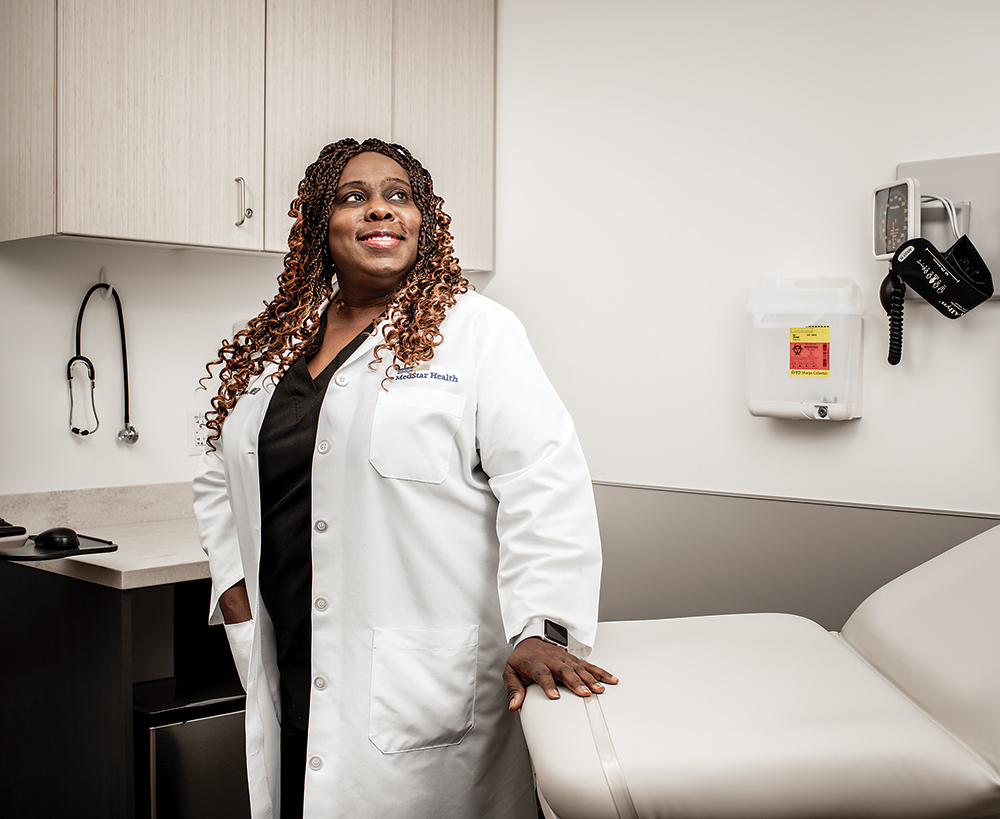
Why did you pick this specialty? I chose it because it’s a blend of surgery and medicine. It is truly a blessing every time I deliver a baby and hold that life in my hands as it takes its first breath. The tears of joy shed by the parents have never gotten old.
Can you recall a particularly gratifying or challenging patient case? My first delivery of triplets in private practice. The patient delivered at 36 weeks and all babies went home with her without a NICU stay, which is very rare for triplets.
If I could change one thing in health care, what would it be? I would like to see malpractice reform. It should not be so easy for a lawsuit to be filed and frivolous lawsuits should not be tolerated. In fact, there should be a penalty for any lawsuits deemed frivolous.
The proudest moment of my career? The day I graduated from medical school.
What hobbies or after-hours causes do you pursue? I love to travel. Seeing different cultures is amazing to me. I am also a mentor for high-school students, especially those in lower socioeconomic neighborhoods.
Robert A. Wood
Johns Hopkins | Pediatric allergy
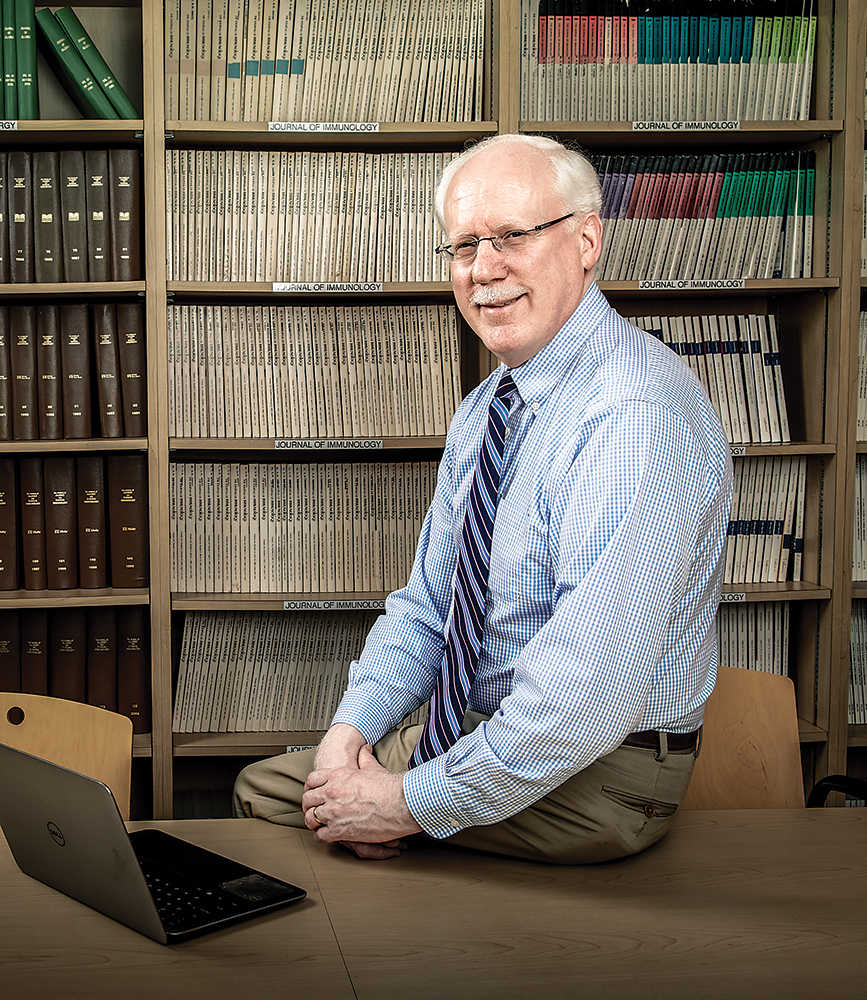
Why did you pick this specialty? There are real opportunities to help improve the lives of children with severe allergies, and great opportunities for research.
What other positions do you hold at Hopkins? I’m a professor of pediatrics at The Johns Hopkins University School of Medicine and a professor of international health at The Johns Hopkins Bloomberg School of Public Health, as well as serving as chief of the Eudowood Division of Allergy and Immunology in The Johns Hopkins Children’s Center. I’m also director and attending physician of the Pediatric Allergy Clinics at The Johns Hopkins Hospital and serve as director of the Pediatric Allergy Consultation Service.
What’s the most rewarding part of your job? We have had great successes in learning how to treat food allergies. I am most gratified by those successes and grateful to the families who have trusted us to be in our research studies.
The proudest moment of your career? Being elected as the president of the American Academy of Allergy, Asthma, and Immunology.
What would you have been if not a doctor? I’ve known I wanted to be a doctor since I was very young.
Marvin Jack Feldman
Alvin & Lois Lapidus Cancer Institute at LifeBridge Health | Hematology, medical oncology
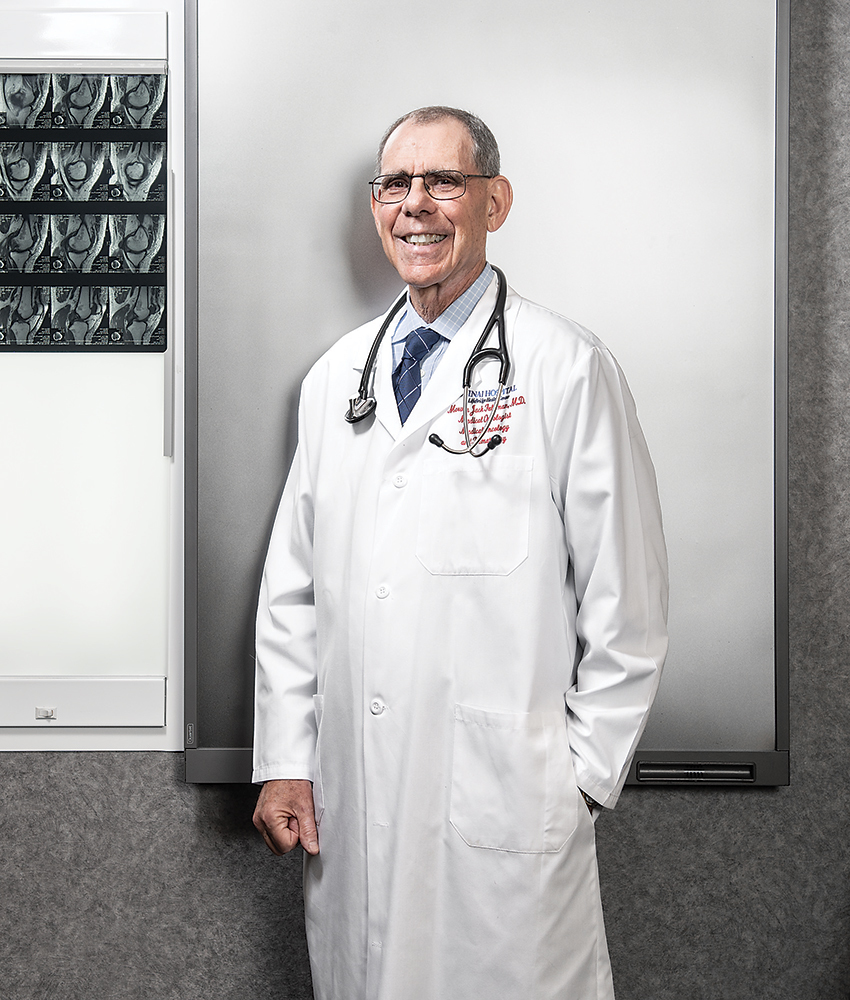
Why did you pick this specialty? I settled on it after spending two years doing basic clinical research at the National Cancer Institute in Baltimore. At that time in the late 1960s, treatments for cancer were rudimentary. That work gave me the opportunity to be on the front line of new treatments to fight this disease.
Can you recall a particularly gratifying patient case? One involved a woman who has metastatic breast cancer, meaning it had spread to other parts of her body. In the past, outcomes for this were often not good. However, thanks to the latest chemotherapy treatments, and her determination, she has continued to live a full life for more than a decade.
The proudest moment of your career? It was attending the graduation of my twins and watching each of them become physicians. Dr. Dorianne Feldman is a physical medicine and rehabilitation specialist and Dr. Darren Feldman is a medical oncologist.
Who was your most important mentor? One was Dr. Arthur Serpik. He was my mentor when I was at the National Cancer Institute in Baltimore, and he was there for me when I began my own practice.




